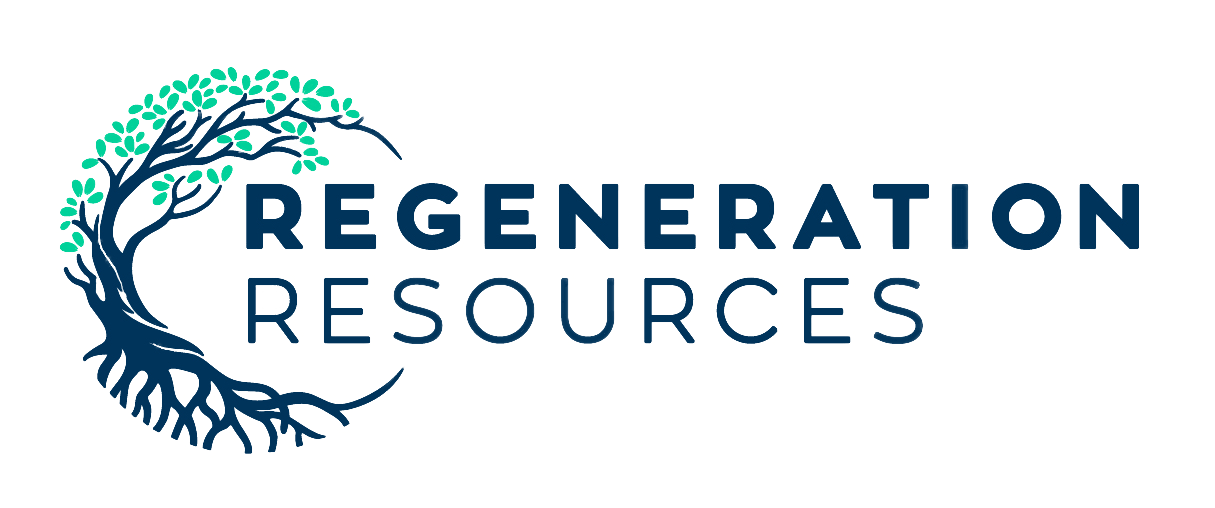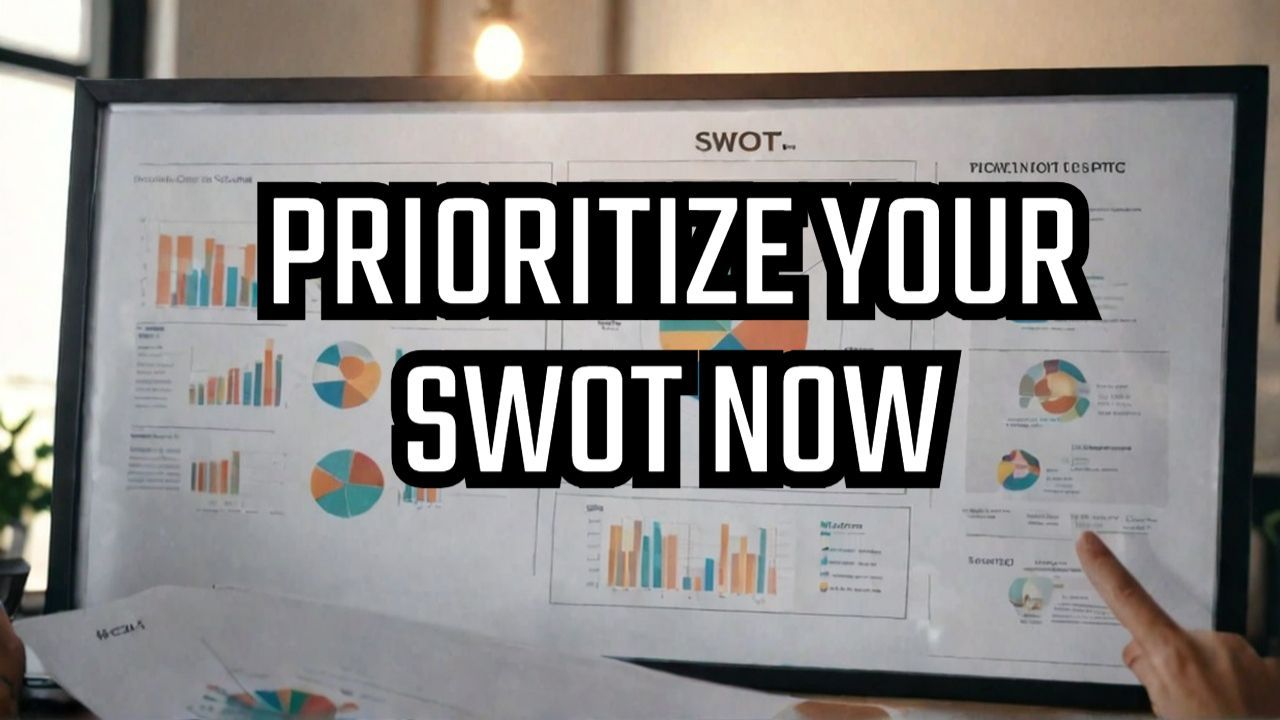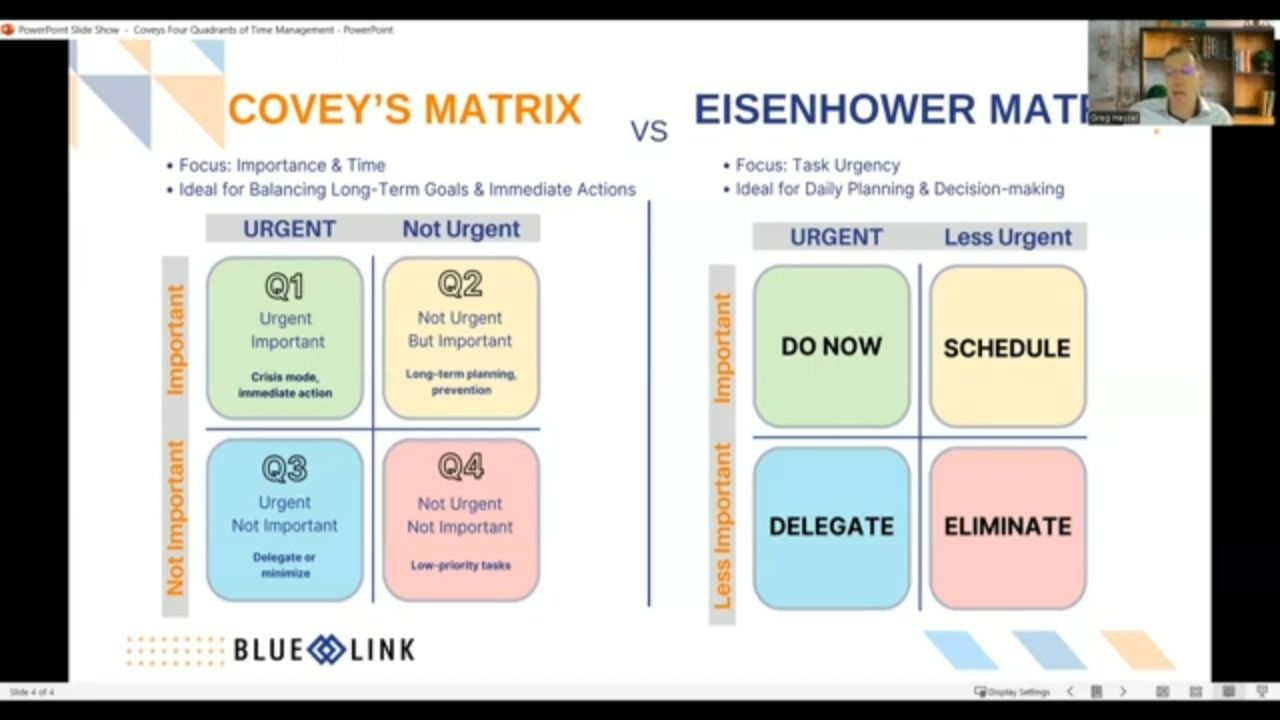Paying Attention to Intentions
In Conflict Management, Intentions Matter

Before engaging in a meeting where there is a history of tension or where you anticipate difficult conversations could emerge (in other words any meeting), a good guideline to discuss with the group is the importance of paying attention to intentions. In tense conversations, we often have multiple intentions at play simultaneously and often our multiple intentions are mutually exclusive (for example, “I want to work this out and I want their boss to know how incompetent they are”).
In Let’s Have it Out, Arthur Hough suggests asking yourself five questions before engaging in difficult conversations:
1. Do I want to hurt, injure, or put down this person?
2. Do I want to win over this person?
3. Do I want to establish who’s right and who’s wrong?
4. Do I want to make this person feel guilty?
5. Do I want to unload bad feelings from the past on the person?
I am sure all of us have answered “yes” to at least some of these questions in the past. Because we so often have these motives due to our own hurt or injury, they are hard questions to answer honestly. However, none of these intentions will lead to a positive engagement.
While paying attention to intentions does not eliminate all the challenges of the conversation, it does make it more likely you will get off to a good start. It is one of those seemingly simple activities that can be hard to accomplish.
Every few months I produce a free newsletter. No Spam. Unsubscribe anytime.
For a taste, view the archives
SUBSCRIBE
Blogs and vlogs are sorted by topic at the bottom of each service page
STRATEGIC PLANNING
CHANGE MANAGEMENT
CONFLICT MANAGEMENT
TEAM BUILDING
ASSESSMENTS
EXECUTIVE COACHING
IMPROVING EFFICIENCY
BOARD DEVELOPMENT




